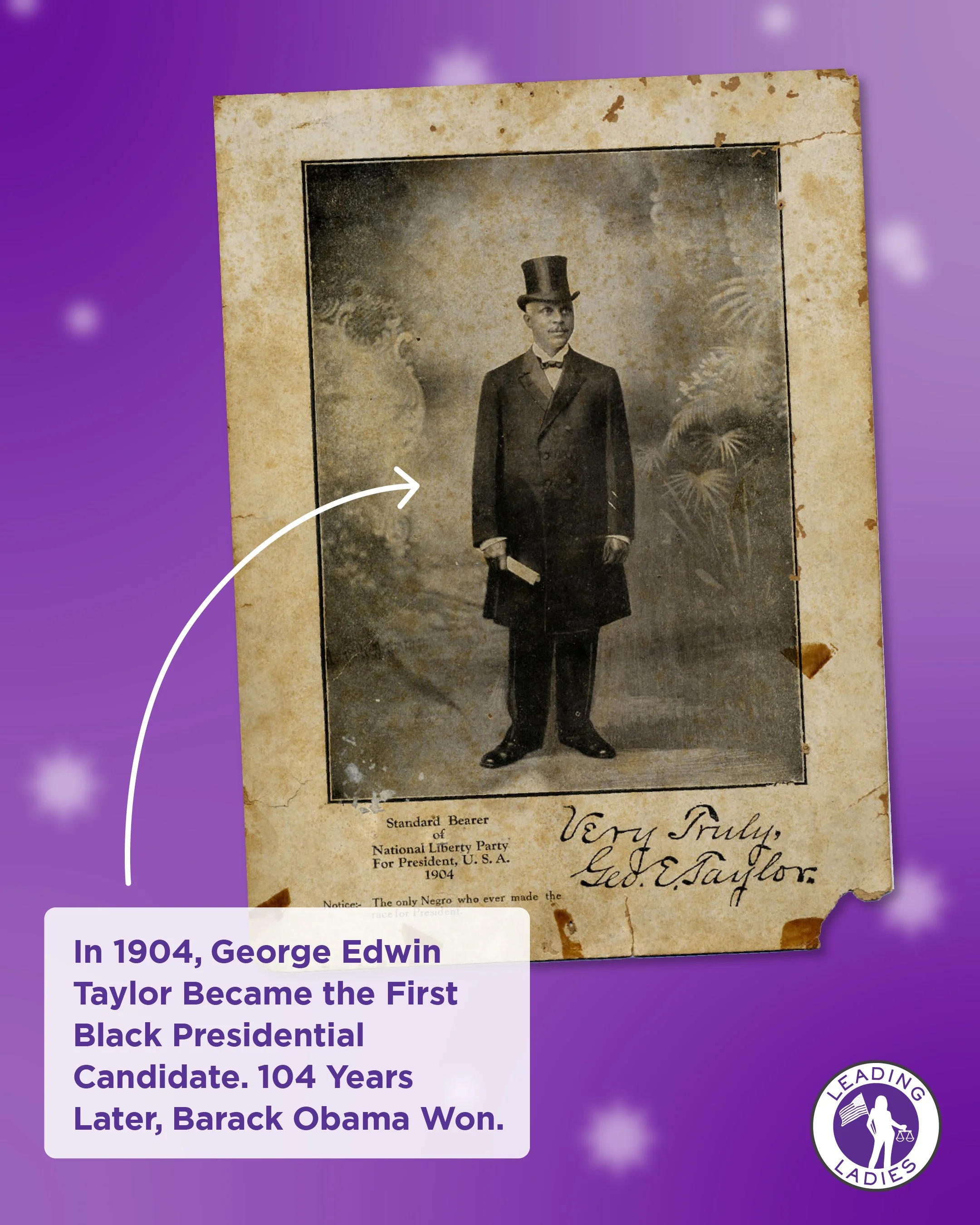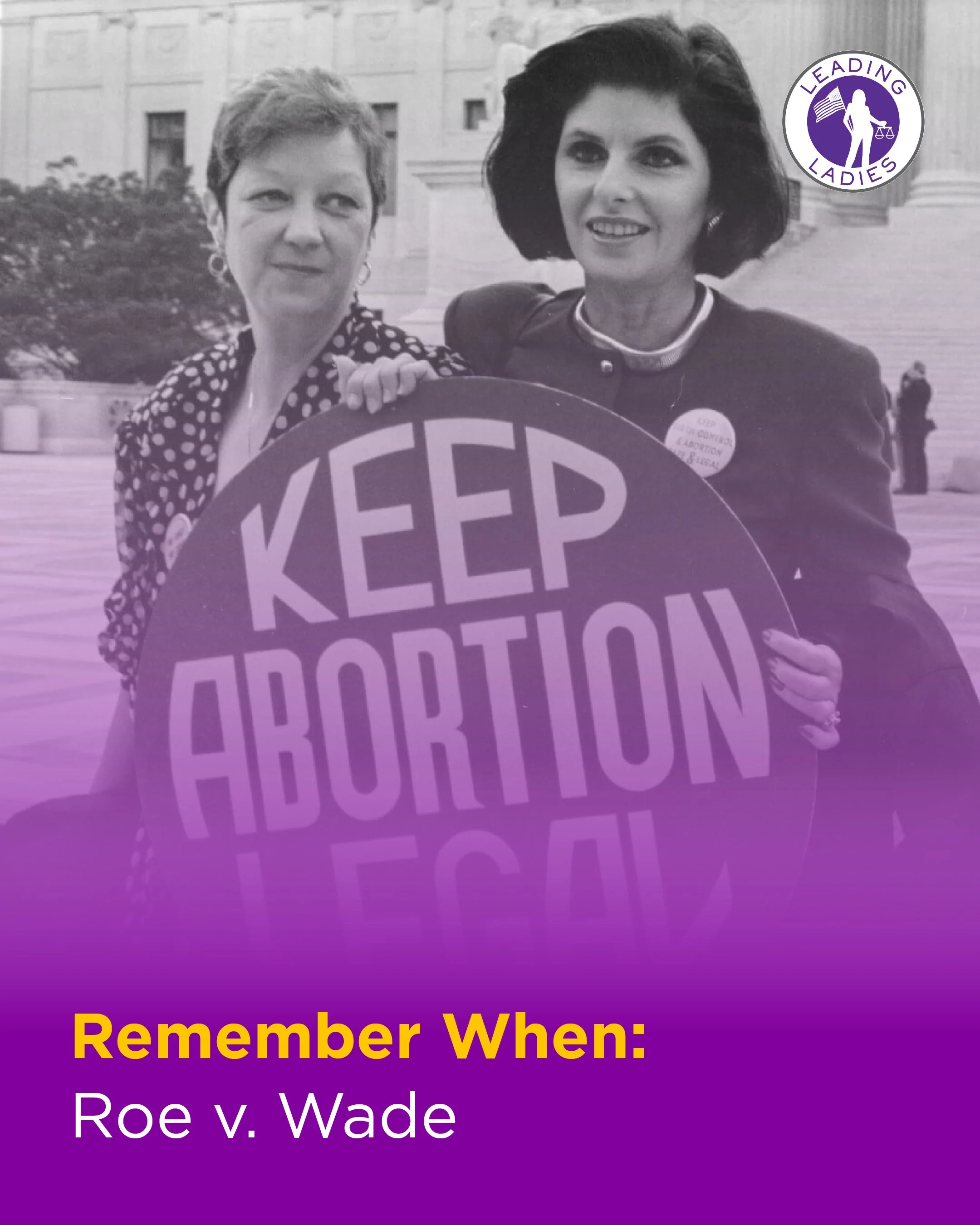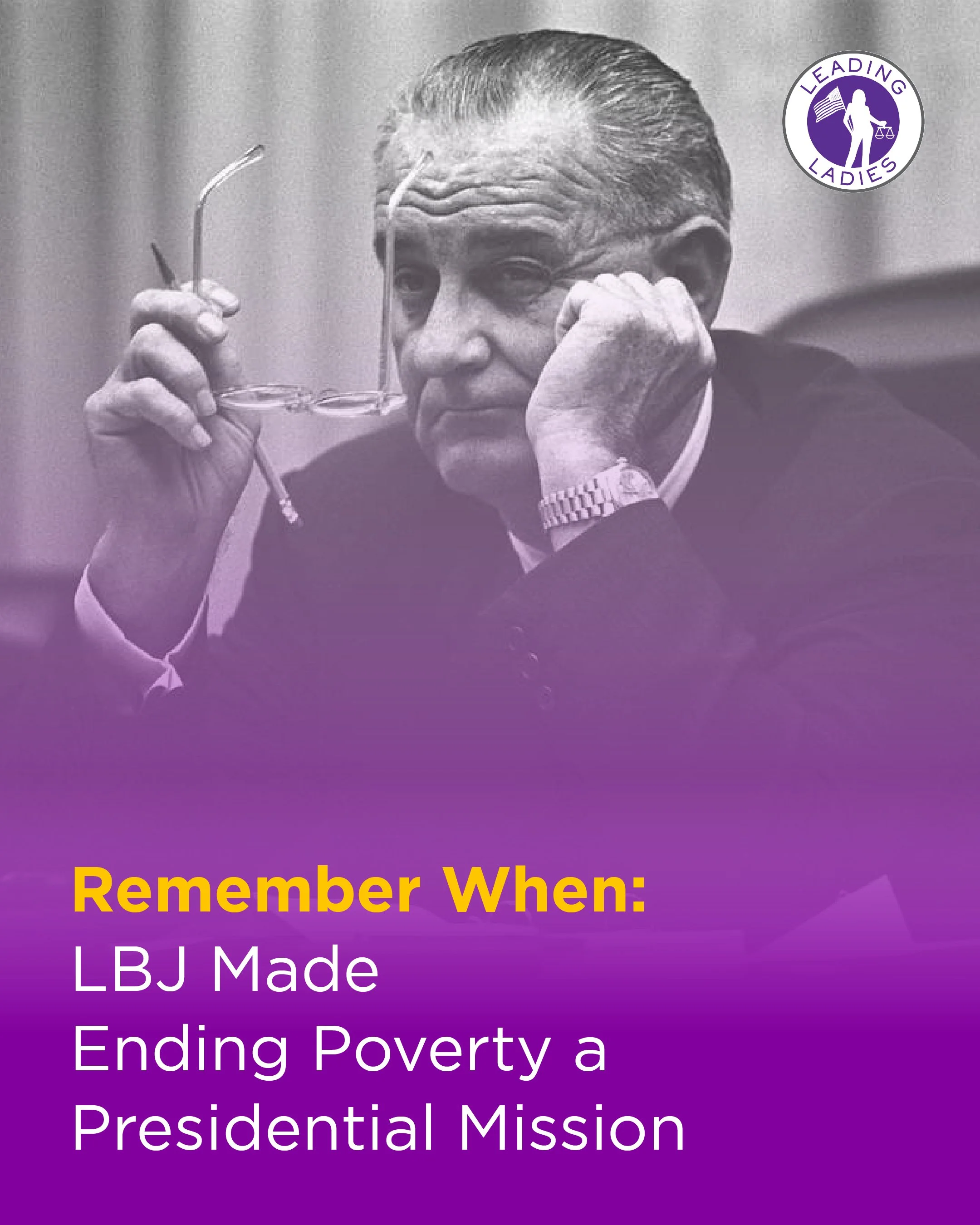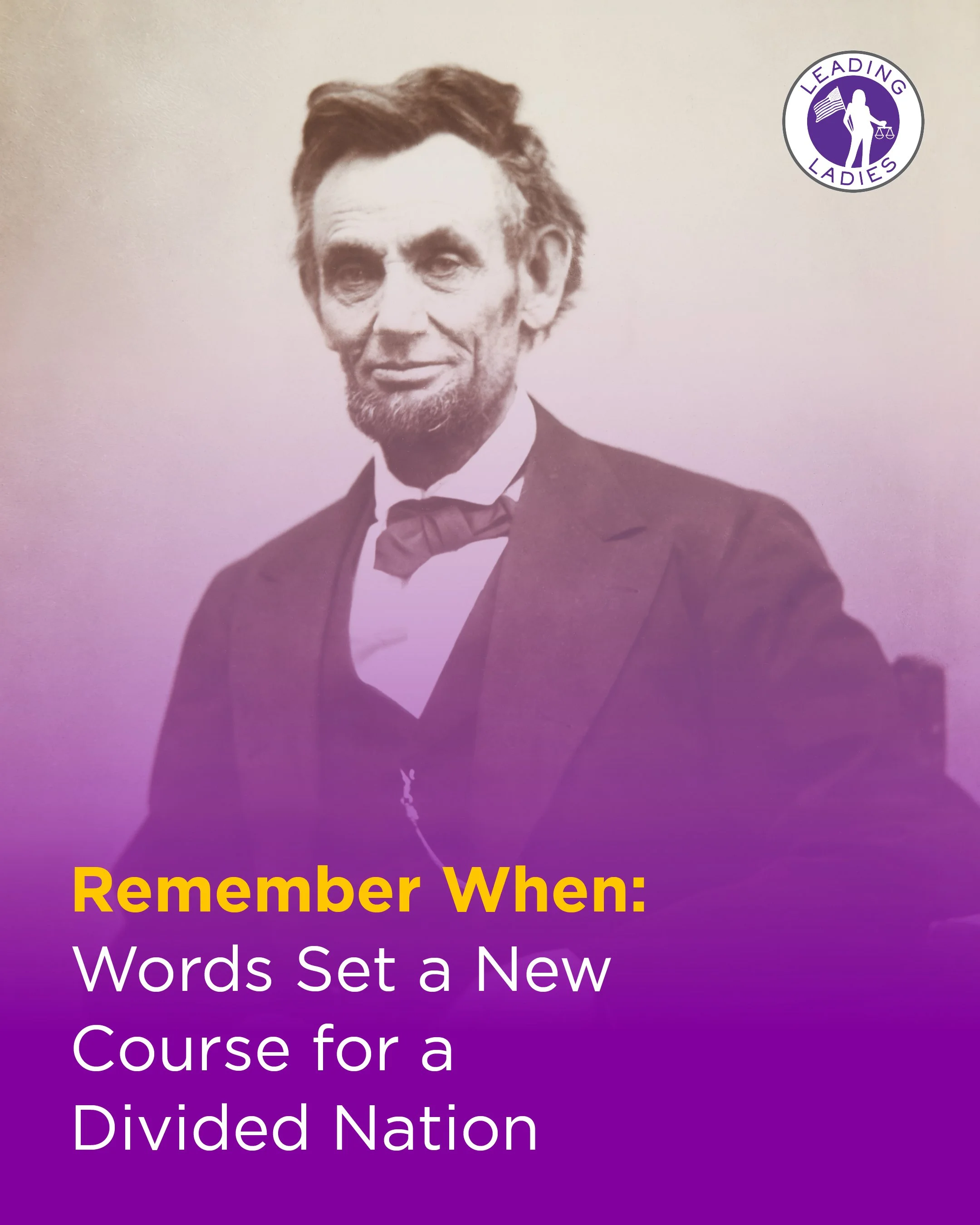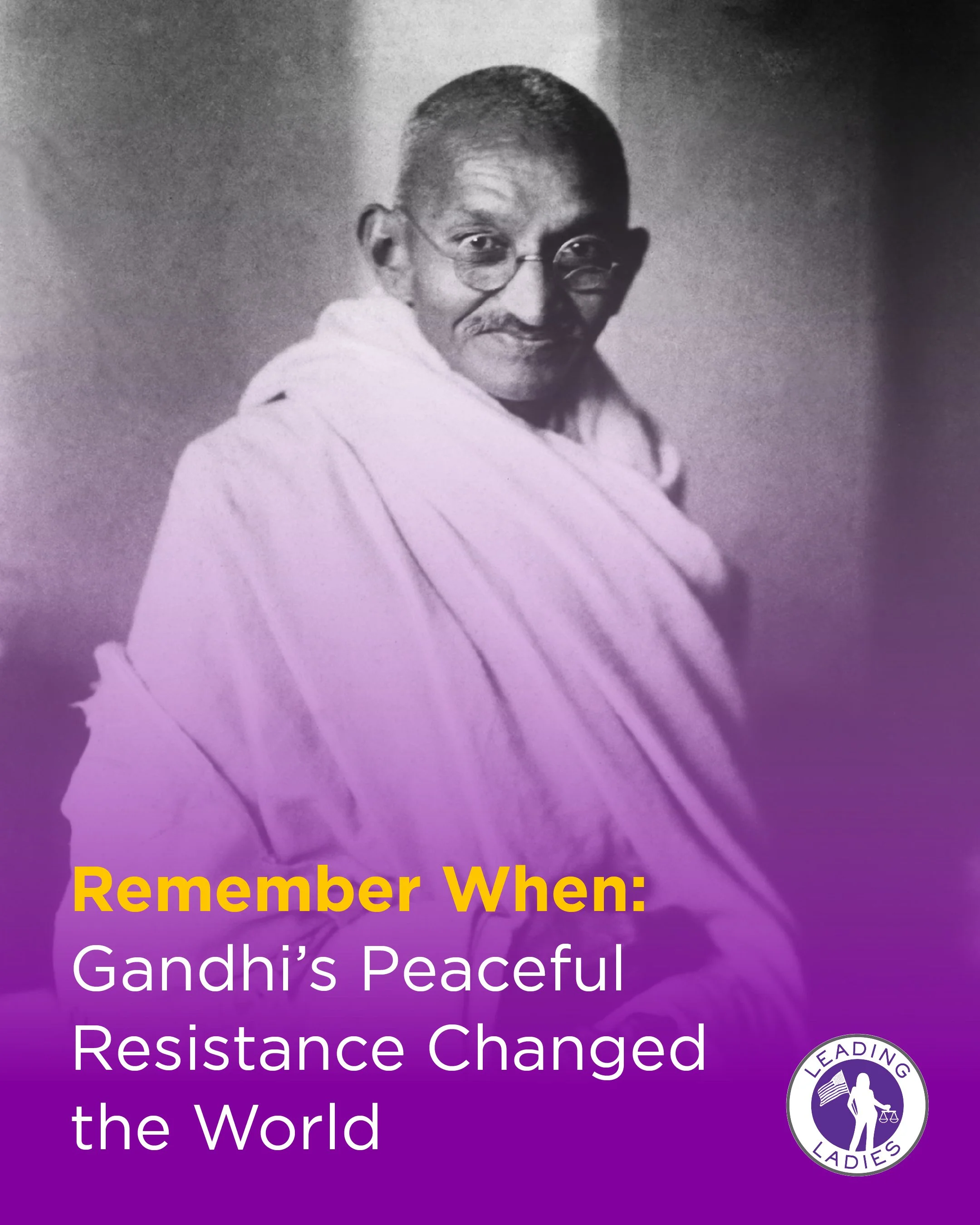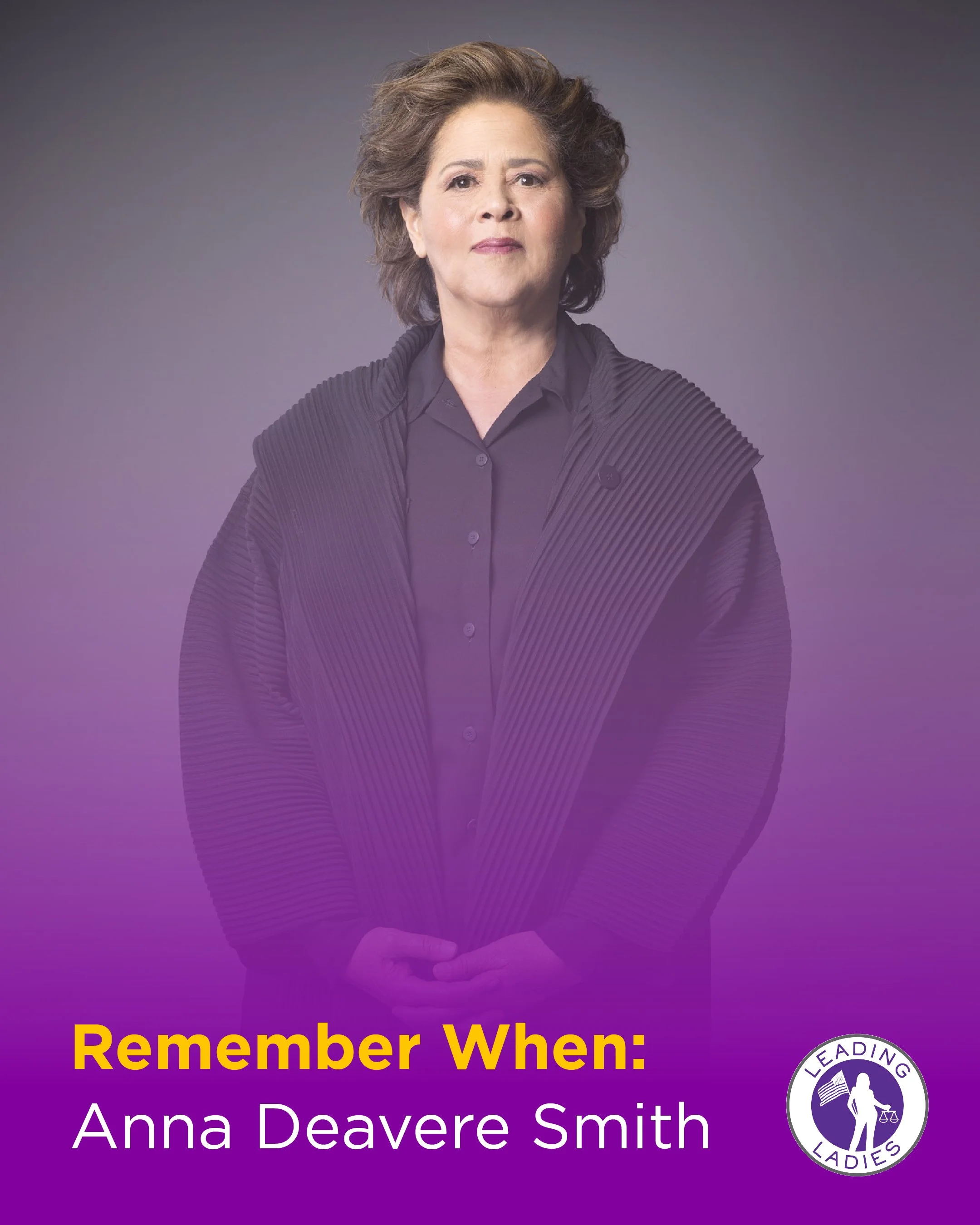Social Media Posts
In 1904, George Edwin Taylor Became the First Black Presidential Candidate. 104 Years Later, Barack Obama Won.
In 1904, George Edwin Taylor Became the First Black Presidential Candidate. 104 Years Later, Barack Obama Won.
Rest in Power: Reverand Jesse Jackson
Reverend Jesse Jackson passed away this week at 84, and with him, we lost a giant of the civil rights movement and American democracy.
Pew Research: Americans Agree on Teaching Both the Successes and Failures of U.S. History
A new survey from Pew Research Center finds that most Americans agree on something that often gets lost in today’s debates: it’s important to talk honestly about the nation’s history — including both its successes and its failures.
Remember When: Celebrating Hank Aaron
This Wednesday, February 5th, would have been Hank Aaron's 92nd birthday. Born in 1934 in Mobile, Alabama, "Hammerin' Hank" became one of baseball's greatest players—and one of America's most dignified champions of equality.
Remember When: Roe v. Wade
Roe v. Wade was decided by the U.S. Supreme Court on January 22, 1973, recognizing that the Constitution protects a person’s right to privacy — including the right to make decisions about pregnancy without government interference.
Remember When: The Miracle on the Hudson
On January 15, 2009, 155 people boarded a routine US Airways flight from New York to Charlotte, expecting an ordinary trip. Instead, they became part of what would later be known as the “Miracle on the Hudson.” Just minutes after takeoff, a bird strike disabled both engines, forcing Captain Chesley Sullenberger and his crew to make a split-second decision: safely land an Airbus A320 on the Hudson River in the middle of New York City.
Remember When: LBJ Made Ending Poverty a Presidential Mission
On a crisp winter day in the U.S. Capitol, President Lyndon B. Johnson stood before Congress and made a bold promise: “This administration today, here and now, declares unconditional war on poverty in America.” It wasn’t a speech about numbers or budgets alone—it was a declaration that access and dignity were not privileges reserved for the few.
Remember When: Words Set a New Course for a Divided Nation
As the new year dawned in the middle of the Civil War, President Abraham Lincoln signed a document that would shift the moral weight of the conflict—and change the course of American history.
Remember When: A Tiny Device Sparked a Global Revolution
In a quiet Bell Labs lab in New Jersey, three physicists touched a strip of gold to a piece of germanium—and changed the future.
Remember When: The World Said Dignity Has No Border
Migration isn’t new. It’s not a crisis or a trend. It’s part of the human story—people moving in search of safety, dignity, and the chance to build something better.
Remember When: UNICEF Was Born to Reach the Forgotten
In the aftermath of World War II, the world was rebuilding—but not everyone was being included in that process. Millions of children were hungry, displaced, and forgotten in the margins of recovery.
Remember When: The Quiet Power of Caroline Kennedy’s Public Life
Caroline Kennedy was born into the most famous family in American politics — but her life would be shaped as much by loss as by legacy.
Remember When: Ruby Bridges Walked Into History
She was just six years old.
On November 14, 1960, Ruby Bridges became the first Black child to desegregate an all-white elementary school in the American South.
Remember When: LGBTQ+ History Was Made in the U.S. Senate
On November 6, 2012, Wisconsin voters made history — and progress.
That day, Tammy Baldwin became the first openly gay person ever elected to the U.S. Senate.
Remember When: A Founding Father Was Asked to Remember the Ladies?
October 30, 1735—John Adams was born
He would go on to become a founding father, the nation’s second president, and one of the loudest voices for American independence. A fierce defender of liberty, Adams helped shape a democracy built on bold ideals—but also bound by the limits of his time.
Remember When: The Day 25,000 Women Took Over Fifth Avenue
25,000 women marched up Fifth Avenue in New York City, demanding the right to vote.
Origin Story: Woke
“Woke” began as a word of vigilance — and of care.
Rooted in African American Vernacular English, it originally meant being awake to injustice, especially racism and oppression. One of the earliest uses came in 1938, when blues singer Lead Belly warned listeners to “stay woke” to racial danger after singing The Scottsboro Boys.
Remember When: Celebrating Jesse Jackson and Coalition Politics
On October 8, 1941, Jesse Louis Jackson Sr. was born in Greenville, South Carolina. A close ally of Dr. King, Jackson led Operation Breadbasket to leverage Black consumer power for fair hiring and pay, later founding the Rainbow PUSH Coalition to advance voting rights, economic justice, and human dignity.
Remember When: Gandhi’s Peaceful Resistance Changed the World
On October 2, 1869, Mohandas Karamchand Gandhi — known to the world as Mahatma Gandhi — was born in India. His life became a testament to the extraordinary power of nonviolent resistance.
Remember When: Anna Deavere Smith
On this day, September 18, we celebrate the birthday of Anna Deavere Smith — actor, playwright, professor, and a groundbreaking force in American theater.

